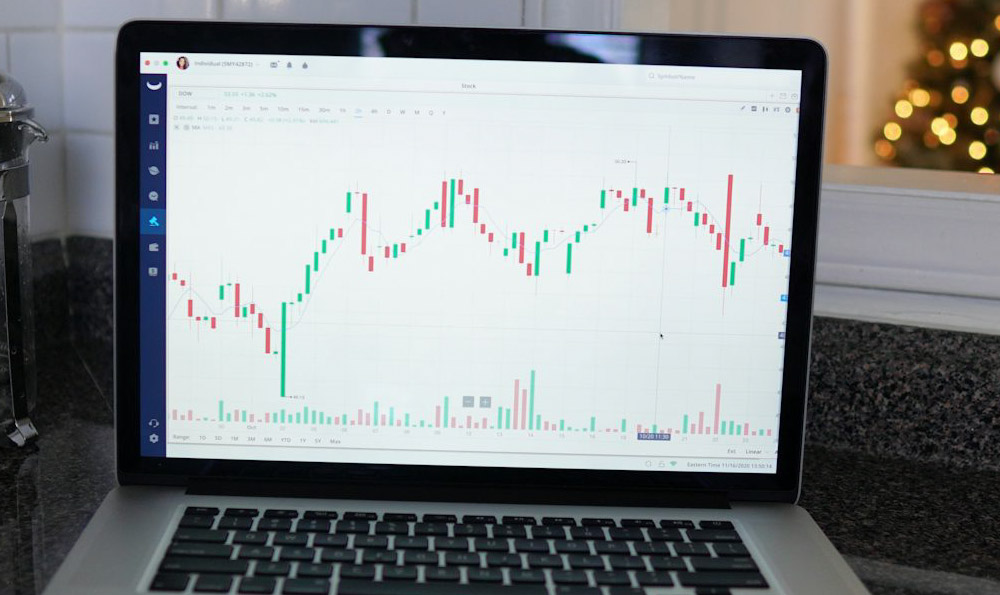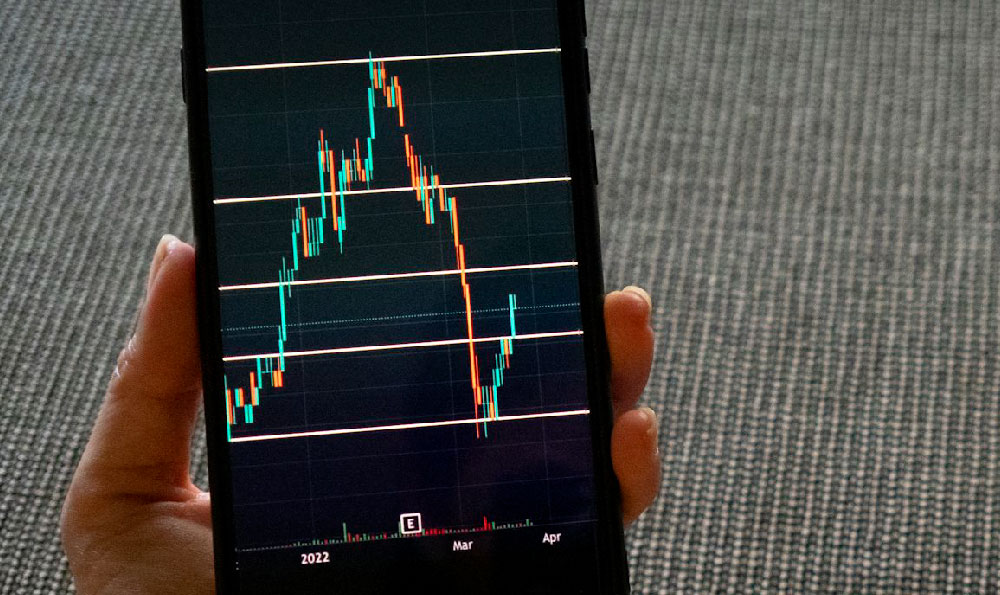Recycling has long been associated with environmental responsibility, yet its potential as a profitable venture often goes unnoticed. In an era where sustainability is becoming a top priority for consumers, industries, and governments alike, recycling offers a unique opportunity to align eco-conscious values with financial success. As global demand for recycled materials grows, businesses that adeptly navigate the recycling market can secure long-term revenue streams while contributing to a circular economy. This shift requires more than just a pile of discarded items; it demands innovation, market awareness, and strategic planning. Whether you're exploring a side hustle or looking to scale a full-fledged enterprise, the world of recycling is ripe with possibilities that extend far beyond the traditional alleyway collection.
Recycling markets are evolving rapidly, driven by regulatory changes, corporate sustainability goals, and shifting consumer behavior. According to recent reports, the global recycling industry is projected to exceed $1.3 trillion by 2030, with demand for recycled materials increasing by over 40% in key sectors such as construction, manufacturing, and electronics. This surge in interest presents a window of opportunity for entrepreneurs who can identify underserved niches or streamline existing processes to create value. Take, for example, the field of e-waste recycling. With billions of electronic devices discarded annually, the demand for rare earth metals, circuit boards, and other components has skyrocketed. Companies that specialize in recovering these materials from old smartphones, laptops, and appliances are not only meeting market needs but also unlocking profits through the sale of high-value components.
The allure of e-waste recycling lies in its combination of public and private demand. On the one hand, government policies in many countries now mandate the recycling of electronic devices, offering tax incentives and regulatory support to businesses that comply. On the other hand, the rising cost of raw materials, particularly in the tech sector, has made recycled components an attractive alternative. For instance, a single ton of recycled gold from e-waste can generate significantly more revenue than extracting it from newly mined ore. This dual market driver creates a sustainable business model that benefits both the environment and the bottom line. However, success in this niche requires specialized equipment, expertise in dismantling electronics, and partnerships with local vendors to ensure a steady supply of materials.

While e-waste recycling is a high-tech area, other sectors are equally promising. The paper and cardboard industry, for example, offers a more accessible entry point for new entrepreneurs. With global paper consumption still exceeding 400 million tons annually and only about 40% of it being recycled, there is a vast untapped potential. Establishing a local paper recycling business could involve collecting waste from stores, offices, and households, sorting it by type, and selling it to manufacturers who use recycled fibers in their products. The profitability of this venture depends on supply chain efficiency, as transportation and processing costs can eat into margins. Collaborating with nearby recycling facilities or logistics companies can help mitigate these expenses and improve returns.
Another lucrative avenue is the recycling of plastics, which has gained traction due to its role in reducing pollution. With millions of tons of plastic waste accumulating each year, innovative approaches to repurposing this material are in high demand. Companies that focus on upcycling plastic waste into durable goods, such as furniture, construction materials, or even advanced packaging solutions, are gaining traction in the market. For example, some firms have successfully transformed plastic bottles into high-quality tiles or fibers for textiles, creating products with a longer shelf life and higher value than raw plastic. Success in this field requires understanding local waste management systems, investing in machinery to process different types of plastics, and leveraging creative design to differentiate your products in the marketplace.
Beyond material recycling, there are opportunities to monetize waste in the form of by-products or value-added services. For instance, organic waste from restaurants and households can be converted into compost, biofuel, or even biogas. As the demand for renewable energy sources grows, businesses that develop efficient biogas production systems using organic waste are emerging as key players. Similarly, the leather and textile recycling sector offers potential for profit by extracting fibers from old garments or repurposing discarded leather into accessories or home décor. These industries cater to a growing consumer base willing to pay a premium for sustainable and ethical products.
The key to unlocking profits through recycling lies in identifying a niche, understanding the market, and optimizing the entire supply chain. While traditional methods such as door-to-door collection or local rummage sales may still play a role, modern recycling ventures require a blend of technology, partnerships, and creative marketing. The growing emphasis on sustainability, coupled with economic incentives, makes recycling an increasingly viable path for individuals and businesses seeking to generate income without harming the environment.
As the world continues to shift toward a circular economy, recycling is no longer just a way to reduce waste—it's a strategic business opportunity that aligns with current trends and future needs. Whether you're leveraging e-waste, plastics, or organic materials, the key is to approach the industry with a long-term vision, a willingness to adapt, and a commitment to sustainability. The demand for recycled goods is not just increasing; it's becoming a necessity, and those who position themselves at the forefront of this movement will find themselves in a profitable and fulfilling space.












